Mart Saarma’s Masterclass
Innovation with inspiration
We can never have too much innovation! Leadership, communication, motivation and innovation are words often used these days. Less often is it discussed how they arise from making relationships productive, unlocking our potential.
“To be or not to be? – Do I need to become an entrepreneur, a business manager – if I want to be an innovative scientist?” – this is the question.
• Do you want to see how your great scientific innovative idea works in life? – making us healthier…safer…more productive?
• If you don’t push that – no one does! But how do you do that?
• What is the process of bringing an idea from lab to life – in reality? And what is your role there?
Your innovation process from lab to life is an expedition where you are the leader.
Classic innovation models can help you to some extent, showing the direction and the different stages of innovation process, but they have one shortcoming: they look at a steep process of innovation (which is rather like climbing in mountains) with a bird’s eye view: the track seems short!
Classic models do not pay much attention to the “human component” at every stage of the process: who is doing what in every stage of the innovation expedition? But at the end of the day, it is all about focussing attention to finding the right people – who help the idea to grow, manage risks of failure, scale and speed it up – create the success story.
Linear models of innovation are usually slow and do not always work. Disruptive innovations are moving faster to the life and have tremendous impact.
There are different ways to grow ideas from lab to life, from bench to bedside.
Peter Drucker, father of knowledge-based management has stated: “People have to grow from their strong talents, not to waste their life, compensating their weaknesses.” So – you don’t have to become an entrepreneur… but a leader!
Mart Saarma’s enthusiasm, vast experience and the inspiring kind atmosphere in our masterclass will help you to design your way of innovation – which uses the best of your talents.
You will find the structure and logic for your innovation expedition. Your conviction as an innovative scientist and enthusiasm as a leader will push limits and build bridges, gain respect and create new friendships. Successful innovators grow with their ideas and ideals – so the journey will be the reward.
We need your innovation!
You are very welcome to our masterclass!
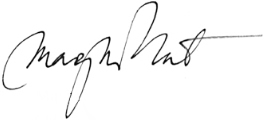
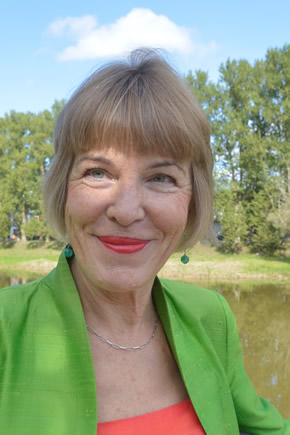
Estonian Euromanagement Institute
www.euroman.ee
SCHEDULE
Part 1: Friday – Saturday, December 13 – 14, 2019
Introduction, orientation and mapping innovation expedition
Part 2: Thursday – Friday, Sept 17 – 18, 2020
Interim reporting, Prospects for future innovation
VENUE
Emajõe Maja, Emajõe 8, Tartu, Estonia
YOUR INVESTMENT 1490 € + VAT will pay off:
More focus and fun in your work – and life!
REGISTRATION
call: +372 51 30146 Marju Unt
write: marju@euroman.ee
ACCOMMODATION:
Special rates for our Masterclass:
Hotel Antonius
superior 79 €/night
Hotel Dorpat
standard 56 €/night
Innovation is a team sport
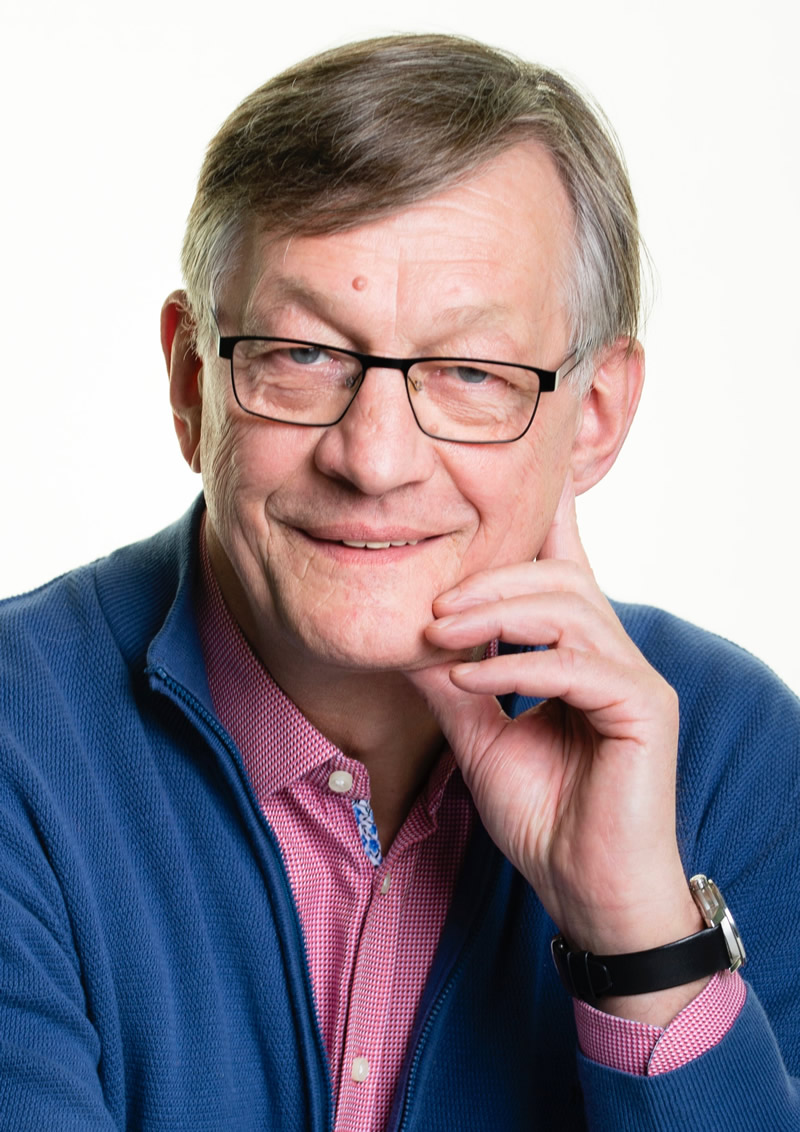
Legendary Estonian scientist, neurobiologist, professor Mart Saarma is a true passionate innovator.
Growing up in an academic atmosphere of the old university town Tartu; both of his parents were professors of medicine. While interested in science, Mart was also a talented basketball player. Fortunately he chose science to be his life’s calling. Molecular biology was a hot new topic at the time and Mart worked in the truly inspiring atmosphere at the lab of Prof Artur Lind, then built up his own lab in Tallinn.
The first director of Institute of Biotechnology of Helsinki University, former vice-president of the European Research Council (ERC), founder of two high-tech companies, Mobidiag Ltd. and Herantis Pharma Plc., member of Estonian Academy of Sciences, EMBO, Academia Europea, Tanner Academy, etc, etc. Even in high-ranking science administration positions, Mart continued to work in lab. Science is the love of his life, and innovation is an integral part of it.
The masterclass is moderated by Marju Unt, founder and CEO of Estonian Euromanagement Institute, trainer of entrepreneurs and leaders.
Please take a look: Mart Saarma is inviting you to his masterclass…
… and what else shall we discuss …
What is innovation anyway?
• Strategic awareness: science and society
• Understanding your role as an innovator
• Typical mistakes which destroy innovation
• Innovation models and reality: what is missing?
• Social innovation
Mart’s own life story: important decisions on the crossroads
Different states – different attitudes to innovation
• The most innovative states
• Ecology of innovation
• Universities and applying scientific discoveries
• How about Estonia? Estonia’s prospects for high-tech industry
From an innovative scientist to a leader of innovation expedition: building trust
• Leadership in communication and negotiation
• Creative leadership: finding the right people to advance the journey
• Leadership in building teams in different stages of innovation
Patenting strategy for scaling up
• Which ideas are worth patenting? Which ideas are not?
• It’s all about timing: when and how?
• Licensing
• Collaboration with companies
• Technology transfer
Creating high-tech companies
• High-tech business models
• The value proposition and finding funding
Mapping your innovation expedition as a leader
• What is your vision of your innovation expedition? (Why? How? What?)
• Your enthusiasm: interests & talents; people & networks; resources
• Expanding your world with the right focus
• Your strategy for scaling up – creatively
• What do you really need to succeed?

Siret Liivamägi, CEO, Orlen EstoniaMastery in negotiations is proportional to mastery in life. If you are going there to declare your ultimate truth, you will hardly gain any collaboration.
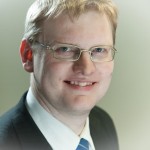
Priit Anton, VP, GuardtimeWhat often happens: after the course is over, emotions fade and the course folder lies unopened in the drawer. This did not happen after Negotiations’ Technology! I started using NT right away, and have done it daily – with growing joy.
Business is relationships (Peter Drucker). With NT we have grown our company in different ways.
First: in the market: from competition to collaboration. If you are partnering – instead of competing and fighting for survival – both parties can grow from their strengths, become more prosperous. This frees time for thinking.
Second: inside the company: form dictatorship to diplomacy. Third: inside the family: I found surprisingly that parenting the teenager the NT skills came very handy.

Annemari Muru, Head of Structural Funds Agency, Archimedes FoundationBefore coming to the Negotiation Technology course, I thought that I knew quite a lot about negotiations. And about relationships in life in general. – I was wrong! I realized that I knew a lot less than I thought.
Yes, the focus was negotiation skills. But the real value came to me at the end of the course: I realized that every situation in life, work, family etc – reflects my own inner balance. Surprisingly often we think we know, but actually do not know what we want: what is important and why. Success in negotiations is not how well we bargain with the other party, but rather – how well we know what we really want, and why.

Dr. Ruth Oltjer, CEO, Chemi-Pharm; Chairman of the Board of University of Tartu; Ernst & Young Entrepreneur of the Year 2012 Winner; Ernst & Young World Entrepreneur of the Year 2015 – Member of the JuryFrom the Negotiation Technology I use planning daily – and effectively.
Before every negotiation I determine our minimum and maximum outcome. What is the absolute minimum, below which the cooperation will not make sense for us, and the maximum beyond which it would not make sense for the other party.Negotiations may take an unexpected turn. We use our own sign system in our negotiations team: when the lead negotiator decides to change direction, then the other members do not get confused, but understand instantly and go along with the ride.

Gay Haskins, former Director General, European Foundation for Management Development (EFMD), and Associate Fellow, Saïd Business School, University of Oxford, UKI have visited many of Europe’s leading management schools.
The Estonian Euromanagement Institute is certainly one of the most creative and innovative.
Its Director, Dr. Marju Unt, has introduced many outstanding programmes. She is an inspirational leader, with visionary ideas.
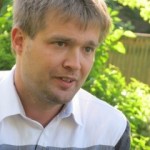
Marko Saviauk, Founder and CEO, LeanestPeace – the most important outcome of this course. Peace of mind both before and after negotiations, backed by the system, the calm view to the negotiations – whatever the result.
Negotition Technology has constructively freed my mind from hesitations and worries (which have taken up a lot of energy, and ultimately, time) – now I can use this time for something more pleasant.
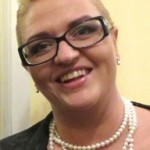
Sigrid Kivimäe, Sales Manager, Siemens HealthcareWomen are not as self-confident as men – at least in business settings. We would like to do things in the right way. I have to confess, I was rather skeptical before the course. But the masterclass surprised me pleasantly: all of us, experienced leaders and managers, came out of our comfort zones. At the Negotiation Technology course I really learned how to “read” my partners. This is a necessary precondition for the result – we both feel like winners when we raise from the negotiations’ table and shake hands.

Professor Allan Gibb, OBE, Durham University, Queen's Award for Enterprise Promotion for lifetime achievement, European Entrepreneurship Education AwardThe essence of all successful entrepreneurial business development lies in ‘know who’ and the successful development of ‘trust based’ relationships. This demands a constant process of learning and education of all key stakeholders and external decision makers. The skills needed for this process are at the centre of this programme.
An essential element in success is selecting who to deal with and who to learn from. The Estonian Euromanagement Institute is itself an examplar of successful development of key relationships over more than two decades.

Anja Rouhiainen, former General Manager, Enics EestiWhen working as General Manager in Enics Eesti, the company’s output, sales and personnel were growing fast. There was a lot of new persons as well as new international customers.
We decided to train our managers, engineers, specialists and team leaders. In Euroman we had programs of co-operation, negotiation, problem-solving, teamwork etc. We had many interesting discussions with Marju before and during the trainings. She was always most inspiring giving us visionary ideas. Her approach to training was energetic and full of development capacity. She kept participants very well in action. I do recommend the innovative and creative training programs of Euroman and Marju!

Ats Alupere, CEO, Saksa Automaatika, EstoniaNegotiation Technology has sharpened my eyes about seeing the possibilities in situations where you normally would not dare to go. It has been particularly valuable when something has not gone the predicted way – like it sometimes happens even in the best-planned big projects! Fixing the errors, keeping relationships, not going into crisis… these are the real benefits, which have tremendous value.
